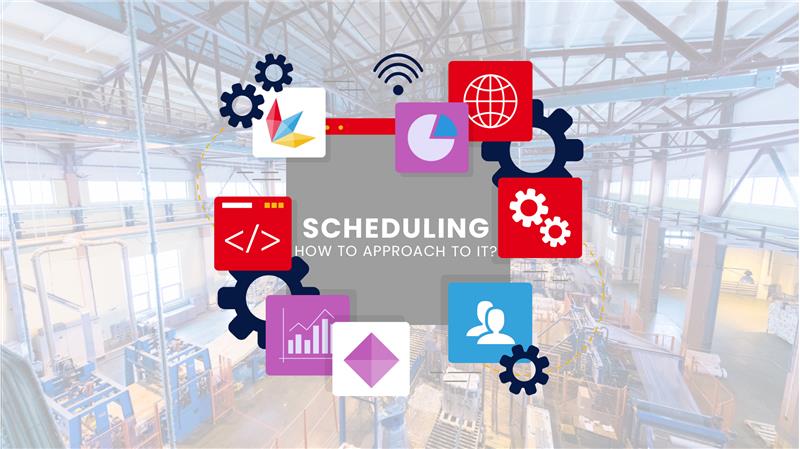Fundamentals of scheduling
In the modern business landscape, scheduling represents one of the fundamental pillars for operational success. But what exactly does this term mean? In essence, it’s the strategic process that allows planning and organizing all business activities, managing valuable resources such as personnel, machinery, and materials in the most efficient way possible. When well executed, it enables optimization of production and prompt response to market needs, eliminating waste and inefficiencies.
Applications across different sectors
The versatility of scheduling makes it valuable for a wide range of sectors. In the manufacturing world, for example, it plays a crucial role in coordinating complex production lines. Logistics companies use it to ensure timely deliveries and optimize routes, while in the healthcare sector, it’s essential for managing staff shifts and equipment usage. Service businesses, such as hotels and restaurants, also benefit enormously from it for managing reservations and staff.
The correct mental approach
To effectively implement scheduling, adopting an appropriate mental approach is fundamental. Flexibility and continuous improvement must be at the core of this mindset. This means being always ready to anticipate potential problems and plan alternative solutions, keeping communication lines open with all stakeholders involved. The ability to adapt quickly to changes and constantly evaluate performance thus becomes crucial.
The implementation process
The scheduling process requires a methodical and structured approach. Everything starts with a deep understanding of market needs and the company’s internal capabilities. It’s necessary to have a clear vision of available resources and their potential, then define priorities based on business objectives. Only at this point can you proceed with developing a detailed plan, its implementation, and subsequent monitoring.
The importance of data analysis
Data analysis plays a fundamental role in this process. Modern companies continuously collect information about production times, resource utilization, and past performance. This data, appropriately analyzed through specific KPIs and predictive models, provides valuable insights to optimize the scheduling process. Feedback from operational staff further enriches this analysis, bringing practical perspectives and suggestions for improvement.
Integration with MES systems
An increasingly important element in modern scheduling is integration with MES (Manufacturing Execution System) systems. These computerized systems allow monitoring and controlling production processes in real-time, offering immediate visibility into operations status. Synchronization of data between different business systems, automation of repetitive processes, and integration with other software like ERP create a complete digital ecosystem that supports more effective scheduling.
Conclusion
In conclusion, scheduling represents much more than simple temporal planning: it’s a strategic approach that, when properly implemented, can transform a company’s operational efficiency. In an increasingly competitive and dynamic market, the ability to effectively schedule activities, supported by advanced technological tools and solid data analysis, becomes a fundamental competitive advantage. Companies that manage to master this art are those best positioned to face future challenges.




